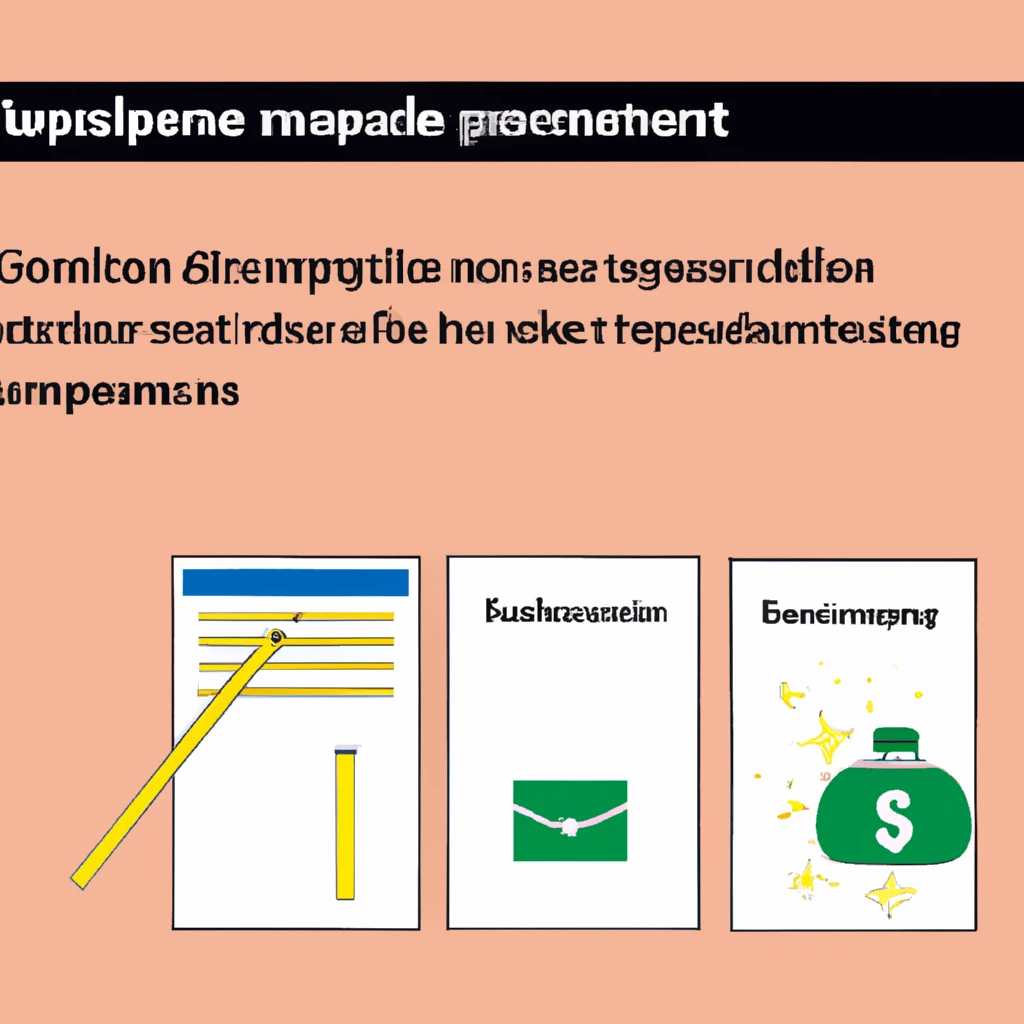Losing your job unexpectedly can happen due to various crises like pandemics, recessions, or business failures. When faced with unemployment, managing bills becomes crucial to sustain your financial stability. Fortunately, there are several options available to help you navigate this challenging period.
Where to Turn for Money
Unemployment Insurance
Registering for unemployment should be your first step when you find yourself without a job. Each state has its own process, so reach out to your state’s Department of Labor or Department of Commerce for guidance.
Credit Cards
While it’s ideal to pay off credit card balances monthly, using them temporarily for essential expenses during a financial crunch may be necessary.
Prioritize paying at least the minimum balance on your cards monthly. Some financial institutions offer deferred payment options.
Debit Cards and Checking Accounts
If funds are low, you can dip into a credit line attached to your checking account as a source of emergency cash.
Checking credit lines are an option to consider, and some banks might increase your limit upon request.
Retirement Accounts
Tapping into a retirement account like a 401(k) should be a last resort due to potential tax implications and penalties. Understand the loan and withdrawal options available.
529 Plans
Consider using funds from a 529 plan for qualifying educational expenses to avoid tax penalties.
Prioritize Your Bills
Food
Seek assistance programs like SNAP or WIC if you’re struggling to afford food.
Rent
Communicate with your landlord about potential payment delays or assistance programs in your state.
Mortgage Payments
Contact your loan servicer to explore relief options for mortgage payments, such as forbearance or state assistance programs.
Car Loans and Leases
Contact your lender to discuss possible payment deferral options for car loans or leases.
Car Insurance
Inquire with your insurance provider about deferring premium payments without losing coverage.
Student Loans
Explore federal student loan relief options or contact private lenders for assistance if needed.
Utilities
Check with utility providers for special payment plans and consider programs like LIHEAP for energy bill assistance.
Protect Your Credit Rating
Making minimum payments on your credit accounts by their due dates can help safeguard your credit score during financial difficulties.
After the Crisis Is Behind You
Reprioritize your financial goals once you’re employed again. Focus on clearing any accumulated debts and consider starting or replenishing an emergency fund for future contingencies.
The Bottom Line
Managing bills during unemployment is challenging but feasible with proper planning and utilizing available resources. Building an emergency fund and proactive financial management are key to navigating uncertain times.
While government assistance programs exist, personal financial preparedness plays a significant role in weathering financial storms. Take control of your finances and leverage the suggested strategies for financial stability.
